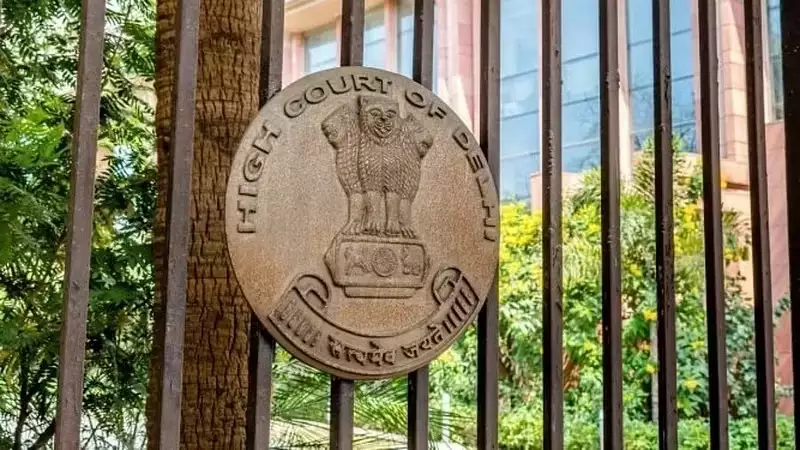
New Delhi: The Delhi High Court recently ruled that medical negligence cannot be established solely through a petitioner’s dissatisfaction or claims about an “expected standard of care.” Evidence must demonstrate that the doctor’s performance was below the level of a competent practitioner in similar circumstances. This ruling came from a petition challenging the actions of doctors at Max Super Specialty Hospital Delhi, following the death of a woman diagnosed with systemic lupus erythematosus and haematemesis in October 2016.
The petitioner argued that the administration of 850mcg of fentanyl over a short period was dangerous and caused the patient’s death due to poisoning. The Delhi Medical Council (DMC) had found the two doctors responsible for professional negligence, issuing a warning and requiring them to complete one month of training in emergency medicine. However, the National Medical Commission (NMC), after reviewing the doctors’ records, including detailed drug dosage calculations based on the patient’s health status, concluded there was insufficient evidence of negligence. The petitioner then challenged the NMC’s decision.
The court, after reviewing the records, determined there were no grounds to suggest that either the DMC or NMC’s decision was arbitrary or unreasonable. The NMC’s review of the medical documentation showed no substantial evidence of negligence. The court emphasized that the findings of expert bodies like the DMC and NMC should be respected, as they carry significant weight and are not to be dismissed unless proven to be illegal or perverse.
While acknowledging the petitioner’s loss, the court noted that doctors’ actions should not be judged solely based on expected procedures or outcomes, especially when dealing with a complex medical condition. The court concluded that the medical bodies’ assessments, supported by peer review, were appropriate and did not suggest professional misconduct.

